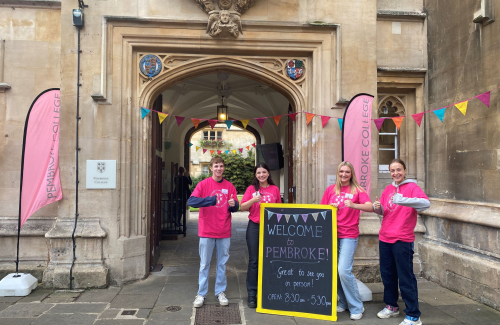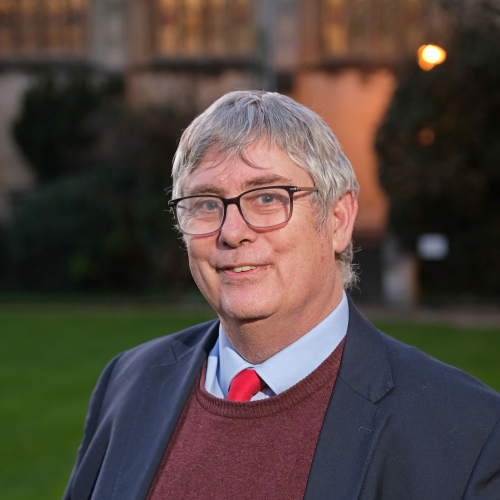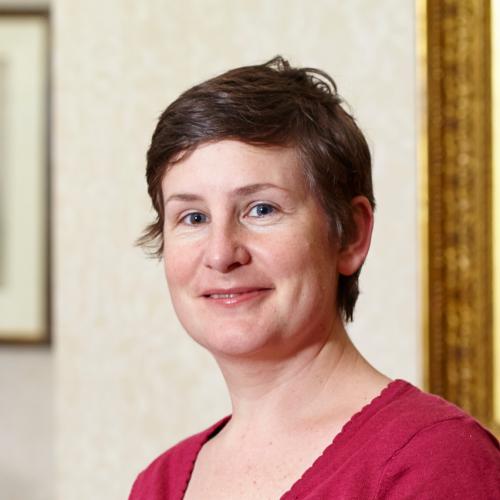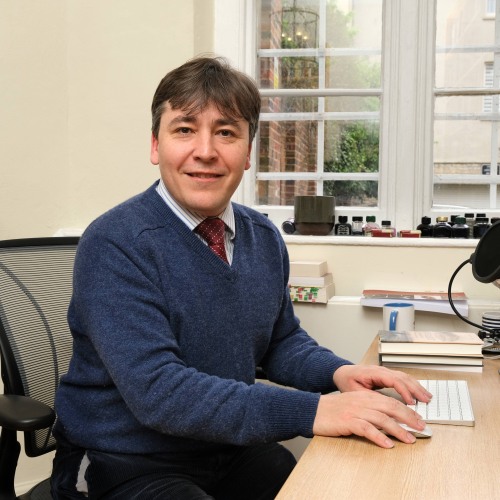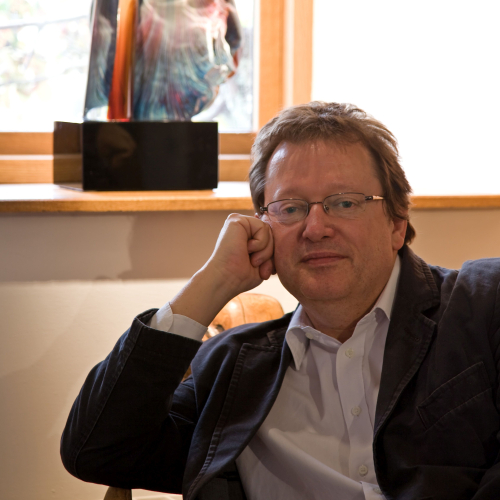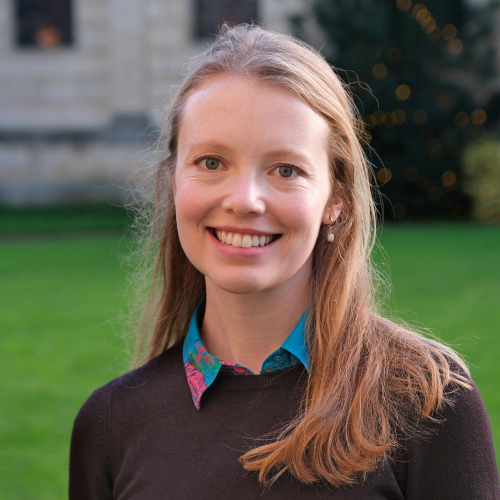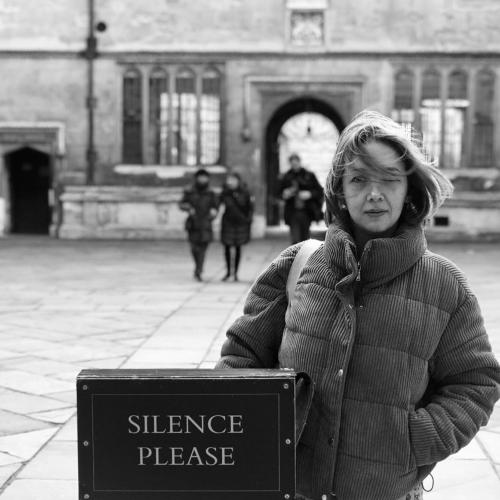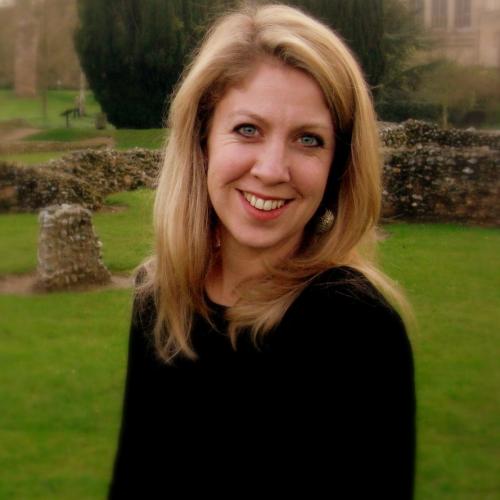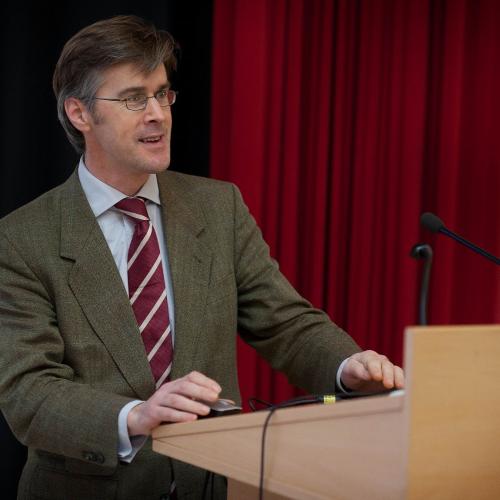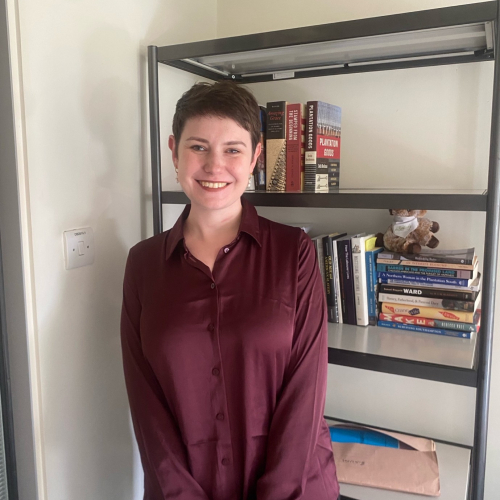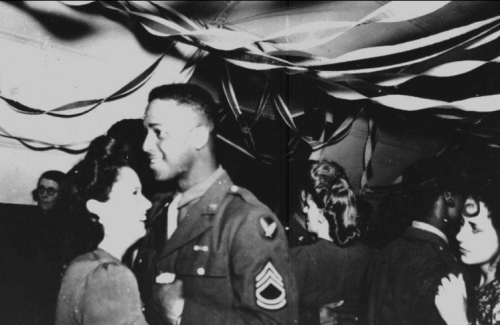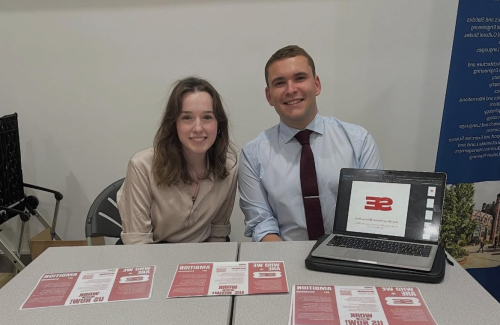History
Why Choose Pembroke?
Pembroke has a large team of tutors and lecturers. The Senior History Tutors are Stephen Tuck, an expert on the history of America, and Adrian Gregory, a specialist in First World War history and the writing of historical memory.
- Throughout the year, Pembroke’s History community will often arrange dinners and other social occasions such as quizzes and film nights for the historians in college to meet together, in addition to regularly held academic presentations and talks.
Pembroke’s relatively high intake of students in History joint schools also broadens the appeal and diversity of our history community, making it even easier to meet and socialise with other historians.

Have you considered our joint honours courses?
History can also be taken as part of several joint honours courses, including History and English, History and Modern Languages, History and Economics and History and Politics. Find out more about each on their respective course pages.
Meet Our Academics
What our students say
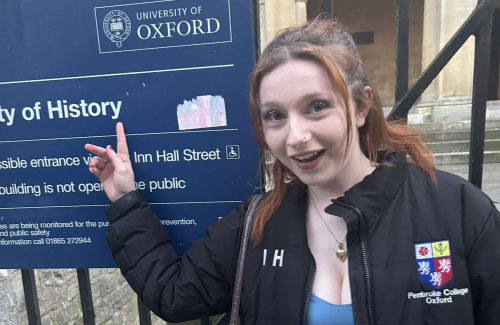
Oxford was never on my radar, never an option I considered at all, until I attended an open day. Looking around the city (and around Pembroke!) made me feel so inspired and welcomed, despite being from a working-class and first-generation to university background. The rest was history! I put in my application, attended the interviews, cried many tears, and got my offer!
-
The Arthur Felix Broomfield prize is for 2nd year undergraduates reading History (including joint schools)
-
The prize is to contribute towards travel to be taken outside the British Isles
-
The total fund available is £700 - typically, one award is made each year
Pembroke Historians are eligible for £100 of funding in their first year and another £100 in their final year towards the cost of books for their course for personal use.
News from Pembroke
History
Why Choose Pembroke?
Pembroke has a large team of tutors and lecturers. The Senior History Tutors are Stephen Tuck, an expert on the history of America, and Adrian Gregory, a specialist in First World War history and the writing of historical memory.
- Throughout the year, Pembroke’s History community will often arrange dinners and other social occasions such as quizzes and film nights for the historians in college to meet together, in addition to regularly held academic presentations and talks.
Pembroke’s relatively high intake of students in History joint schools also broadens the appeal and diversity of our history community, making it even easier to meet and socialise with other historians.

Have you considered our joint honours courses?
History can also be taken as part of several joint honours courses, including History and English, History and Modern Languages, History and Economics and History and Politics. Find out more about each on their respective course pages.
Meet Our Academics
What our students say

Oxford was never on my radar, never an option I considered at all, until I attended an open day. Looking around the city (and around Pembroke!) made me feel so inspired and welcomed, despite being from a working-class and first-generation to university background. The rest was history! I put in my application, attended the interviews, cried many tears, and got my offer!
-
The Arthur Felix Broomfield prize is for 2nd year undergraduates reading History (including joint schools)
-
The prize is to contribute towards travel to be taken outside the British Isles
-
The total fund available is £700 - typically, one award is made each year
Pembroke Historians are eligible for £100 of funding in their first year and another £100 in their final year towards the cost of books for their course for personal use.
